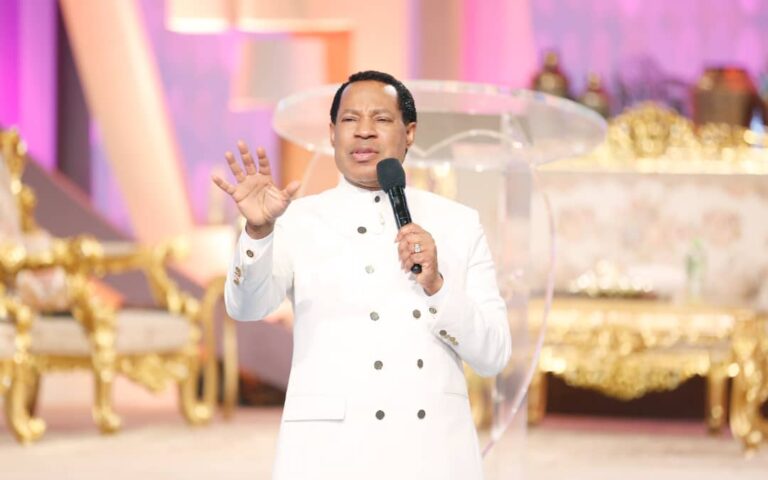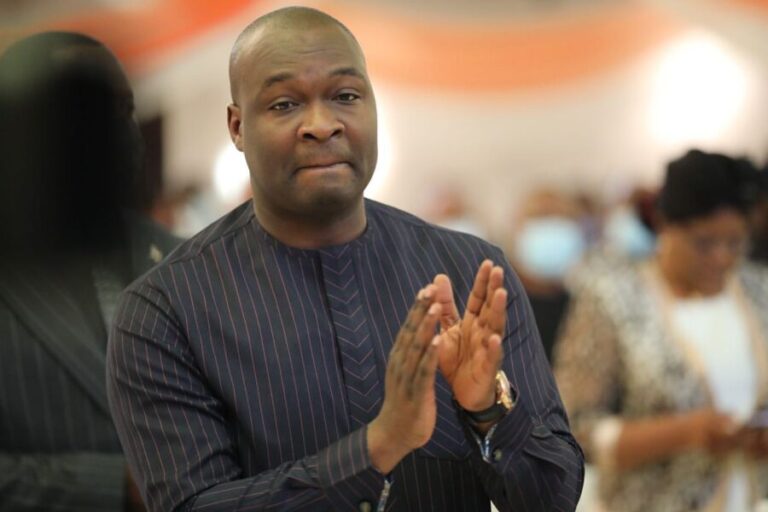UK Regulator Freezes Over 100 Bank Accounts Linked to Mountain of Fire and Miracles Ministries in the UK

The United Kingdom’s Charity Commission has frozen more than one hundred bank accounts connected to the UK branch of the Mountain of Fire and Miracles Ministries International (MFM), one of Nigeria’s most popular gospel ministries founded by Pastor Daniel Olukoya. The regulator’s action has sent shock waves across religious and charitable circles, highlighting once again the importance of strong financial control and transparent governance in faith-based organisations.
According to the report released by the Charity Commission, the UK branch of the church, which grew from a few congregations to more than ninety branches across the country, failed to maintain proper financial oversight and governance structures. The Commission said it uncovered weaknesses in internal controls, misuse of charity funds, and serious management lapses that raised concerns about accountability and the proper use of charitable resources.
The Commission noted that although the rapid expansion of MFM in the UK reflected its growing influence and membership, the charity’s governance systems did not grow at the same pace. This created opportunities for irregularities and confusion over how funds were being handled across its numerous branches. To protect the assets of the charity and ensure donor funds were used for their intended purposes, the regulator exercised its legal powers to freeze the organisation’s accounts and implement corrective oversight.
An interim manager was earlier appointed in 2019 to oversee the church’s UK operations, but the Commission recently confirmed that it had to take further steps after finding continued failures in financial management. The decision to freeze the charity’s funds, though rare, was deemed necessary to prevent further risk to charitable assets and to restore public confidence in how faith-based organisations operate within the UK.
In its response, MFM UK rejected the findings of the Charity Commission, describing the inquiry as flawed and misleading. The church insisted that its trustees had acted in line with the law and maintained that its assets were not misused. It also claimed that its branches were operating legally and that the Commission’s conclusions did not accurately reflect the reality on the ground.
Still, the regulator’s findings have brought to light a key lesson for faith-based charities: rapid growth without proper governance can be dangerous. It is not enough for a religious organisation to have passionate leadership, dedicated members, and growing branches. Sound financial systems, clear accountability, and transparent reporting are essential if the organisation is to maintain integrity and avoid legal trouble.
Faith-based organisations often depend heavily on public trust and donations. When donors contribute money to support the work of the church or charity, they expect that every penny will be used for the intended purpose. Weak financial control, however, can destroy that trust and invite regulatory action, just as this case demonstrates. Trustees of religious organisations are legally responsible for ensuring that every part of the charity operates within the law, that funds are not misused, and that accounts are properly reported.
This development also raises an important question for many other churches and religious charities in the UK and beyond: how prepared are they to handle growth responsibly? The case of MFM UK shows that even the most respected organisations can face serious scrutiny if proper systems are not in place. As faith-based groups expand across different regions, they must ensure their internal controls grow with them.
For donors and supporters, this story serves as a reminder to give wisely and to support organisations that operate transparently. Before making large donations or volunteering, it is important to ask questions about financial accountability, governance structure, and how funds are monitored across branches. A well-run charity should have nothing to hide and should be able to explain clearly how it manages its resources.
The Charity Commission has made it clear that it expects all trustees—whether of large international ministries or small local charities—to understand and fulfill their legal duties. Trustees must ensure that charity funds are used exclusively for their intended purposes and in line with regulatory standards. Failure to do so can result in frozen accounts, suspension of trustees, or even criminal investigation in extreme cases.
In the end, the freeze on MFM UK’s bank accounts is more than just a financial issue; it is a wake-up call to faith-based organisations everywhere. Growth should come with structure, and spiritual vision should be matched with responsible management. The Church’s mission can only thrive when it is built on integrity, transparency, and trust.






